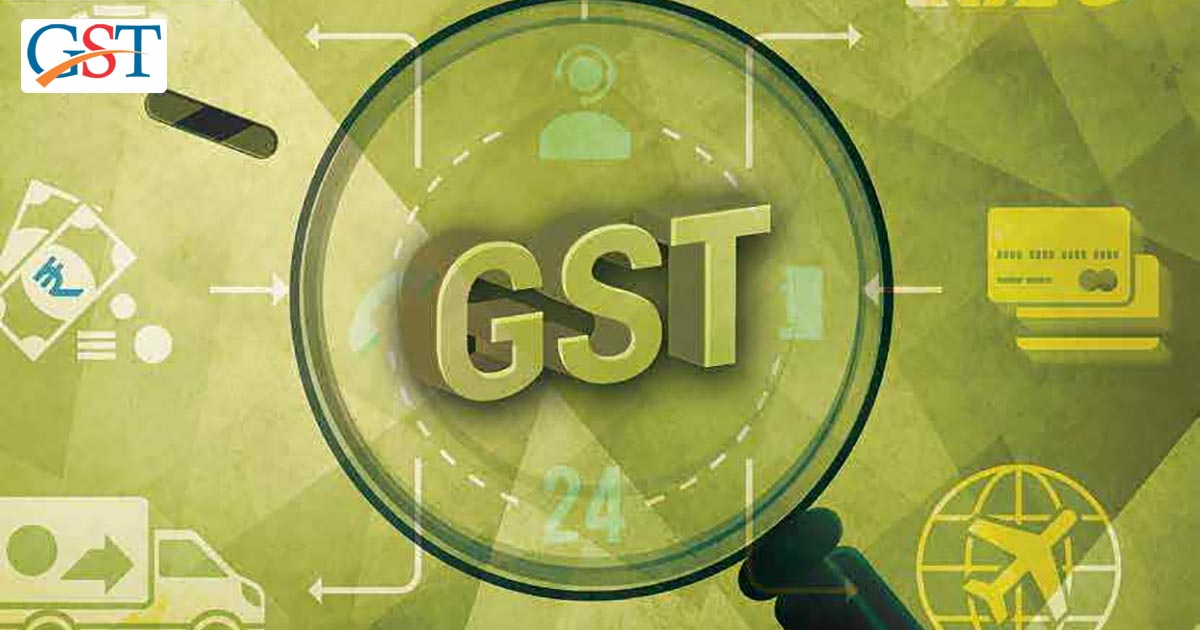According to a poll result, the majority of economists favoured that the GST impact will not be seen before the next year and a lesser number said it might be visible soon.
From the 30 economists poll on 10-18 January, it is found that the economic growth is the lowest this financial year compared to before a new measurement system was proposed in 2014-2015.
Goods and services tax (GST) and demonetization have reduced the services, consumer spending and growth & manufacturing. Suggesting that issue, 15 out of 28 economists agreed that the profit from GST wouldn’t be seen until the starting of April 2019.
But signals of recovery are also in line so 13 of the 28 said it might show positive result up to next year. The poll also suggested that the economy in this fiscal year may grow 6.6% and 7.3% in the next year.
K.K. Mital, investment advisor at Venus India expressed the views, “Disruptions from the GST and demonetization are expected to start receding from Q2018 (April-June quarter) and a pick-up in consumption, investment and growth shall commence.”
The fresh accord was comparatively lower than the three months ago anticipation. The poll showed that the realization of benefits in advance would be helpful for the Reserve Bank of India (RBI) to prepare for higher inflation expected in the anticipated years.
Read Also: Goods and Services Tax Impact on Gross Domestic Product (GDP) in India
After calculating consumer price inflation to 3.7% for this fiscal year, it is expected to reach 4% in each quarter which is the RBI’s medium-term target and expected to touch 4.6% in coming year.
Arjen van Dijkhuizen, senior economist at ABN AMRO said, “Upside risks (to inflation) stem from higher oil and food prices, currency depreciation, an accelerating economy and fiscal slippage.”
Though, the RBI anticipates making interest rates stationary till the middle of the year. The central bank mentioned in the last December meeting that inflation risks were equally balanced.
Although, inflation numbers and high growth could amend the RBI’s neutral policy pace. Among 24 economists mostly favoured the inflation level of 5.5% would increase the central bank to promote the growth.
Abhishek Upadhyay, an economist at ICICI Securities PD said, “As long as various gauges of underlying inflation track sub-5 percent, the RBI should stay pat, a worsening of other macro stability indicators on account of higher crude prices can make the RBI cautious.”










